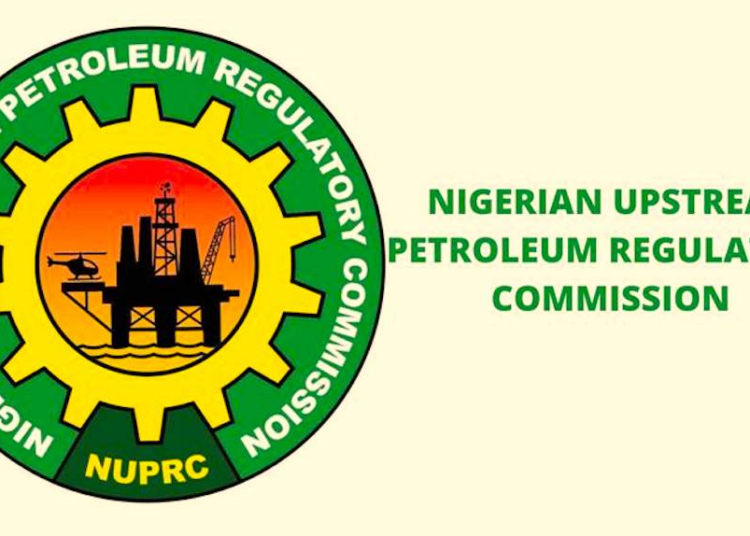The Nigerian Upstream Petroleum Regulatory Commission (NUPRC) said it has implemented measures to automate most of its systems, significantly reducing human interference in its processes.
Chief executive, NUPRC’s Gbenga Komolafe, who made this known, said these measures are aimed at combating corruption in the oil and gas sector.
Speaking in Abuja during an event organised by the Commission to mark the 2024 International Anti-Corruption Day, Komolafe, raised concerns about the detrimental impact of unchecked corruption on Nigeria’s economic growth and development, particularly in the oil and gas upstream sector.
He emphasised the urgency of addressing corruption, describing it as a “clear and present danger” to the nation’s progress and prosperity.
To combat these challenges, he disclosed that the NUPRC has implemented measures to automate most of its systems, significantly reducing human interference in its processes. These steps, he explained, are designed to enhance transparency and accountability in the sector.
“It deprives citizens of essential services, discourages investments, and erodes trust in public institutions”, he stated.
Speaking at the event which also included the regional inauguration of NUPRC Anti-Corruption and Transparency Unit, ACTU, he said “NUPRC stands at the forefront of the nation’s efforts to ensure that our hydrocarbon resources are managed with transparency, accountability, and efficiency.
“As the commission chief executive, I affirm our unwavering commitment to eradicating corruption within the upstream petroleum sector. This commitment aligns seamlessly with the principles of the Petroleum Industry Act 2021 (PIA), which emphasises good governance, transparency, and the equitable distribution of benefits from oil and gas operations”.
He stressed that “in the oil and gas sector, where the stakes are high and revenues substantial, corruption can have devastating effects on national development, community welfare, and environmental sustainability.
“Nigeria’s upstream petroleum sector is a cornerstone of our economy. As custodians of this critical industry, we at the NUPRC recognise that corruption in any form undermines the sector’s integrity and diminishes the resources available for national progress”.
Also speaking, lawyer and human rights activist, Femi Falana stated that despite the rising cases of corruption, Nigeria has enough laws to check the menace.
“What is lacking is the political will to fight corruption. Corruption is causing enormous damage to our country and we must unite and collectively fight”, he said.
While praising the progress made by the Independent Corrupt Practices Commission, ICPC, and the Economic and Financial Crimes Commission, EFCC, he urged the agencies to utilise their full powers and mandates in the fight against corruption.
“For all of us, we have a duty to fight corruption. Under the Constitution, Session 24, we are now required to assist all lawful agencies in our country in combating crimes”, he added.





